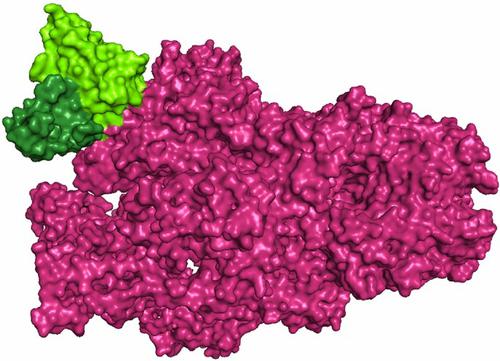Emotions, crisis, and institutions: Explaining compliance with COVID-19 regulations
IF 3.2
2区 社会学
Q1 LAW
引用次数: 2
Abstract
Amid the COVID-19 pandemic, citizens' compliance with government preventive measures was one of the top policy priorities for governments worldwide. This study engages with socio-legal and psychological theories on compliance and proposes an analytical framework to explore the role of different psychological factors on individual-level compliance during global health crises. Using the results of three national surveys, we argue that various negative emotional states, perceptions of the ongoing crisis, and of the institutional settings are major factors influencing individual compliance across countries. Most importantly, while increased panic, anxiety, and sadness lead to higher compliance, rising anger, loneliness, and impatience decrease compliance levels. Notably, perceptions of the COVID-19 crisis—especially health concerns and a worsening financial situation—tend to elicit anger among citizens across countries, thereby further hampering their obedience with pandemic regulations. Furthermore, perceptions of public institutions also influence individual compliance. Overall, in order to ensure compliance, we suggest that policymakers and those implementing government measures take individual psychological factors into account both within and beyond the public crisis context.

情绪、危机和制度:解释遵守COVID-19法规
在新冠肺炎大流行期间,公民遵守政府的预防措施是世界各国政府的首要政策之一。本研究结合社会法律和心理学的依从性理论,提出了一个分析框架,探讨在全球健康危机中不同心理因素对个人层面依从性的作用。利用三个国家调查的结果,我们认为各种负面情绪状态、对持续危机的看法和制度设置是影响各国个人合规的主要因素。最重要的是,增加的恐慌、焦虑和悲伤会导致更高的依从性,而增加的愤怒、孤独和不耐烦会降低依从性。值得注意的是,对COVID-19危机的看法,特别是对健康问题和日益恶化的财务状况的担忧,往往会引起各国公民的愤怒,从而进一步阻碍他们遵守大流行法规。此外,对公共机构的看法也影响个人的遵守情况。总体而言,为了确保合规,我们建议政策制定者和实施政府措施的人考虑公共危机背景内外的个人心理因素。
本文章由计算机程序翻译,如有差异,请以英文原文为准。
求助全文
约1分钟内获得全文
求助全文
来源期刊

Regulation & Governance
Multiple-
CiteScore
7.80
自引率
10.00%
发文量
57
期刊介绍:
Regulation & Governance serves as the leading platform for the study of regulation and governance by political scientists, lawyers, sociologists, historians, criminologists, psychologists, anthropologists, economists and others. Research on regulation and governance, once fragmented across various disciplines and subject areas, has emerged at the cutting edge of paradigmatic change in the social sciences. Through the peer-reviewed journal Regulation & Governance, we seek to advance discussions between various disciplines about regulation and governance, promote the development of new theoretical and empirical understanding, and serve the growing needs of practitioners for a useful academic reference.
 求助内容:
求助内容: 应助结果提醒方式:
应助结果提醒方式:


